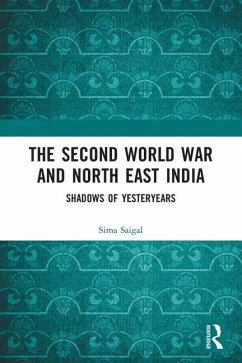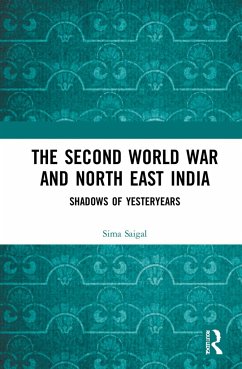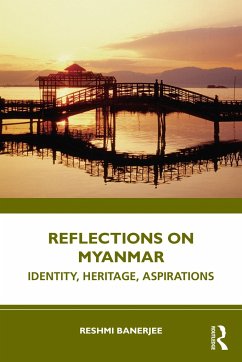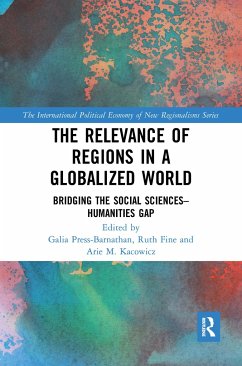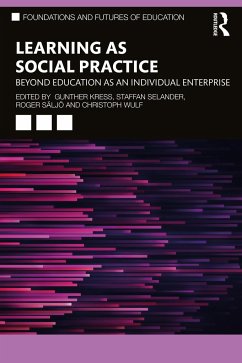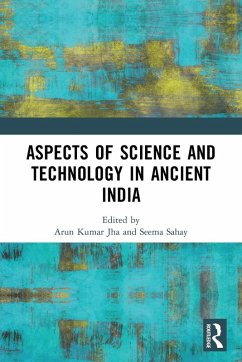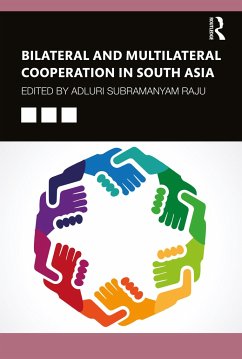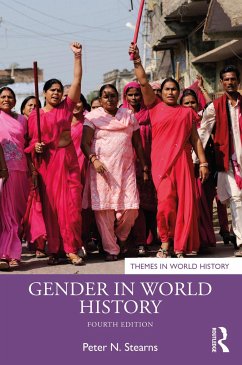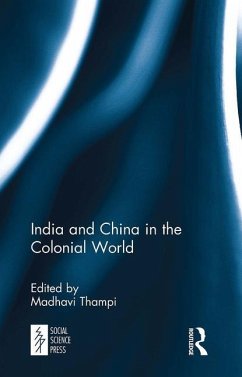
Exploring Alterity in a Globalized World

PAYBACK Punkte
27 °P sammeln!
This volume develops a unique framework to understand India through indigenous and European perspectives, and examines how it copes with the larger challenges of a globalized world. Through a discussion of religious and philosophical traditions, cultural developments as well as contemporary theatre, films and media, it explores the manner in which India negotiates the trials of globalization. It also focuses upon India's school and education system, its limitations and successes, and how it prepares to achieve social inclusion. The work further shows how contemporary societies in both India an...
This volume develops a unique framework to understand India through indigenous and European perspectives, and examines how it copes with the larger challenges of a globalized world. Through a discussion of religious and philosophical traditions, cultural developments as well as contemporary theatre, films and media, it explores the manner in which India negotiates the trials of globalization. It also focuses upon India's school and education system, its limitations and successes, and how it prepares to achieve social inclusion. The work further shows how contemporary societies in both India and Europe deal with cultural diversity and engage with the tensions between tendencies towards homogenization and diversity.
This eclectic collection on what it is to be a part of global network will be of interest to scholars and researchers of South Asian studies, philosophy, sociology, culture studies, and religion.
This eclectic collection on what it is to be a part of global network will be of interest to scholars and researchers of South Asian studies, philosophy, sociology, culture studies, and religion.





